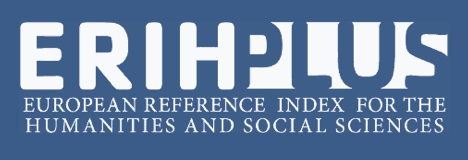Globalization and its Impact on Income Inequality; A Time-Series Analysis of Pakistan using ARDL Approach
Abstract
The present study analyzes globalization and its impact on income inequality in the case of Pakistan using the time-series ARDL by Pesaran et al. (2001) from 1991-2019. The outcomes are unique in the sense that globalization causes to increase in income inequality in Pakistan. In contrast, inflation and government expenditure have a negative effect on income inequality. GDP has a positive and significant impact on income inequality. The findings have practical implications for income inequality. This paper finds both short and long-run results while results of short-run differ from the effects of long-run.. The methodology used in the paper is ARDL because it is confirmed after applying the unit root test some variables like Gini, TR, and Inflation are stationary at a level while GDP and Government final consumption and expenditure are stationary at level. The data of all variables are collected from WDI, and data strongly favored the balanced panel. However, the ECM value shows a higher convergence speed toward equilibrium. The study updated the recent analysis and suggested that income inequality is the main issue in developing countries, and Pakistan considers a developing country. The researcher limited the analyses only for Pakistan to get the desired outcome and bridge the gap of globalization and its influence on income inequality in Pakistan.

This work is licensed under a Creative Commons Attribution-NonCommercial 4.0 International License.













.jpg)








